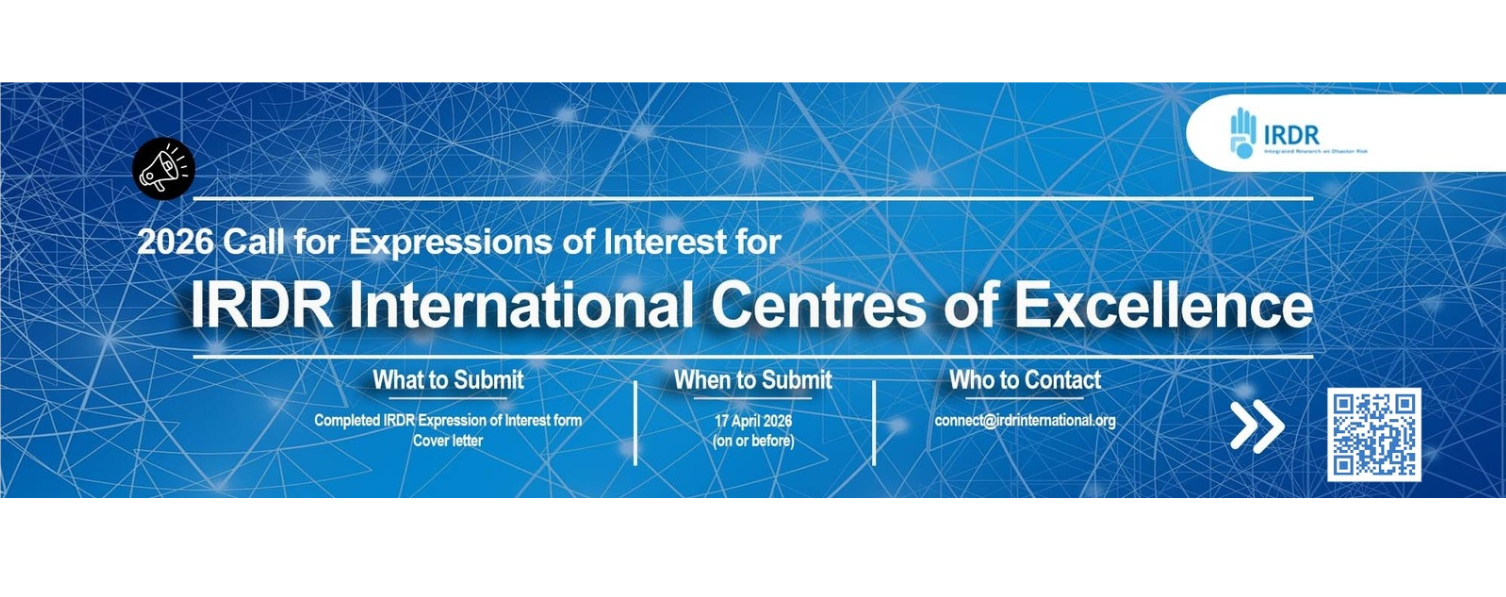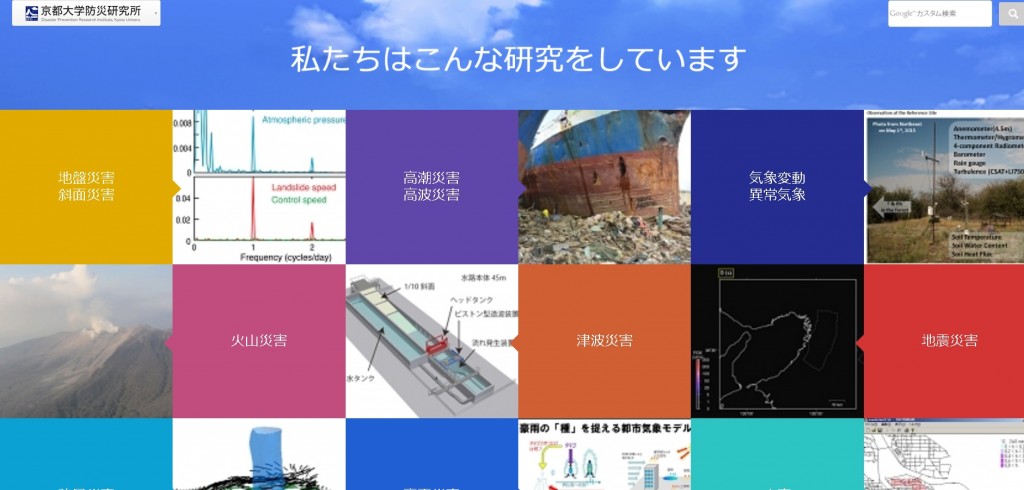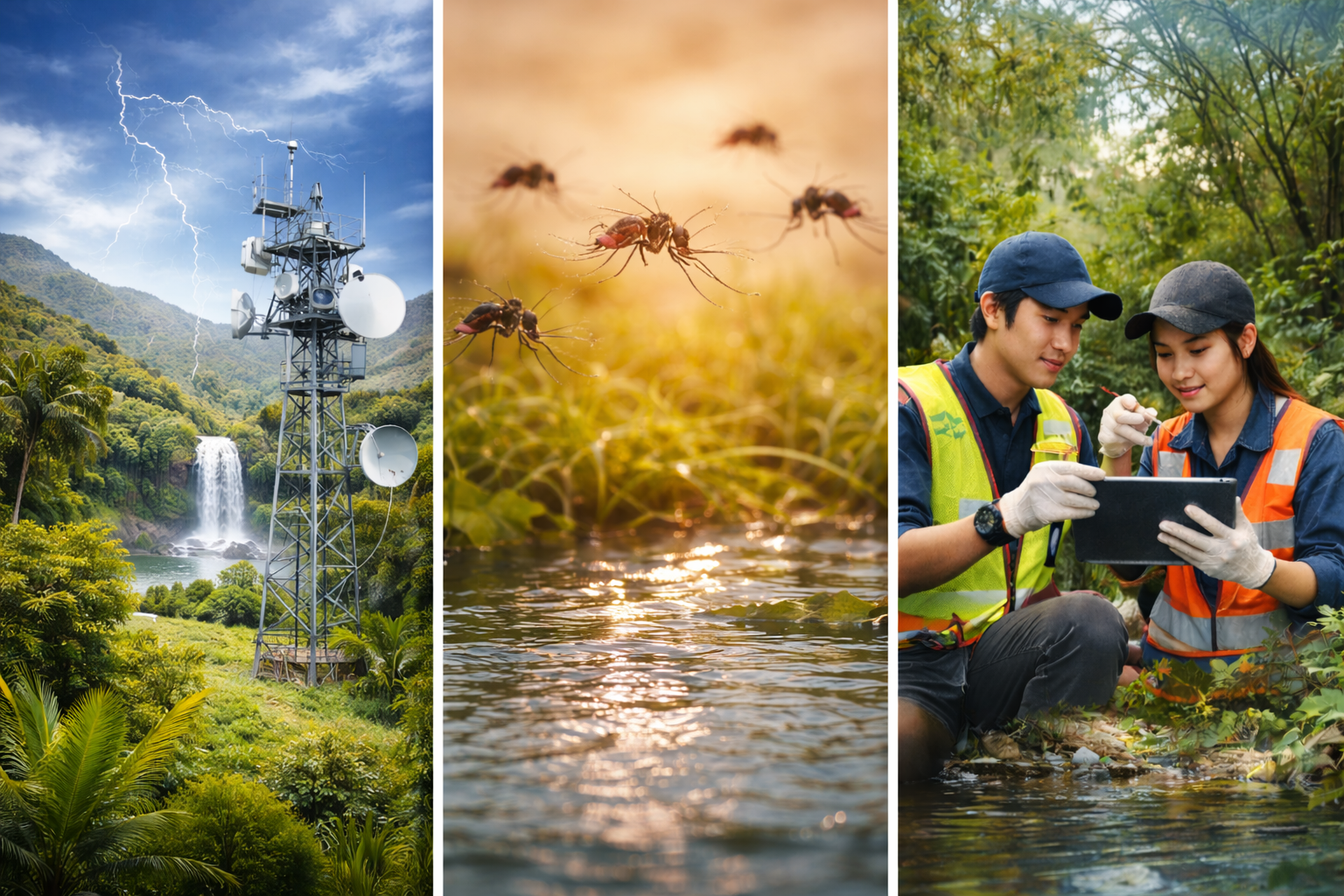In April, Santiago de Chile hosted the International Science Council's (ISC) Global Knowledge Dialogue for Latin America and the Caribbean, a gathering that brought together leading scientists, diplomats, and policy influencers from over 30 countries. As part of this event, the ISC Early and Mid-Career Researchers (EMCR) Forum focused on young scientists from Latin America and the Caribbean, who presented impact-case studies and discussed challenges and opportunities facing EMCRs. This forum, co-organized with the Global Young Academy, provided a space for exchange, learning, and collaboration among young members of the ISC and wider EMCR community, enabling them to coordinate and amplify their voices in ISC strategy and the international scientific community.
Here are 10 key things we learned from this forum:
1. The impact of science academies in the region, on public policies and legislation related to science, has been key to supporting science as a global public good (influence; decision-making based on scientific evidence, advisory role). In this regard, these institutions are important for advancing national capacities.
2. Progress is being made in creating more inclusive and less elitist spaces in these academies, favoring the inclusion of social sciences, transdisciplinary approaches, challenges of emerging technologies, and subnational perspectives/needs at the country level.
3. Strategic alliances are becoming increasingly crucial, among the academies themselves and other actors, both national and international, to exchange best practices and advance capacities.
4. Academies are called upon to raise awareness among government actors and private entities, in order to continue advancing in the areas of education and outreach. However, scientific outreach is important for all those community actors and other stakeholders, beyond scientists.
5. Academies are also there to promote excellence in science. We heard several examples of how academies in the region recognize the work of researchers in various awards, including for women, promoting gender equality in science.
6. Another key role is capacity development for young scientists and those in training or school children (science education), in both STEM and social sciences. There is still a need to focus more on capacity development including from schools for training.
7. Academies also play a role not only in advancing the frontiers of knowledge but also in fostering it. It is important to develop calls and grants for projects, networking, events, etc.
8. Science academies are also spaces for academic-scientific discussion and reflection on national and also regional problems. They bring together people from different areas, regions of a country, and backgrounds.
9. More collaborative work is needed among the academies in the region, particularly with the regional focal points of scientific unions -it is necessary in this regard to establish bridges, especially for the new generations.
10. Academies are called upon to urgently create their own young academies (those that do not have them) to give voice to future generations and to participate in ISC activities as part of elevating the global voice of science.
For further information about the EMCR Forum, please visit: https://council.science/events/isc-emcr-forum-lac/.





